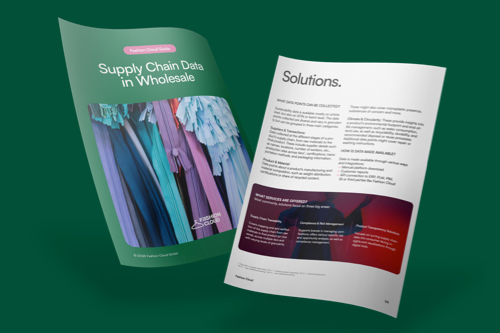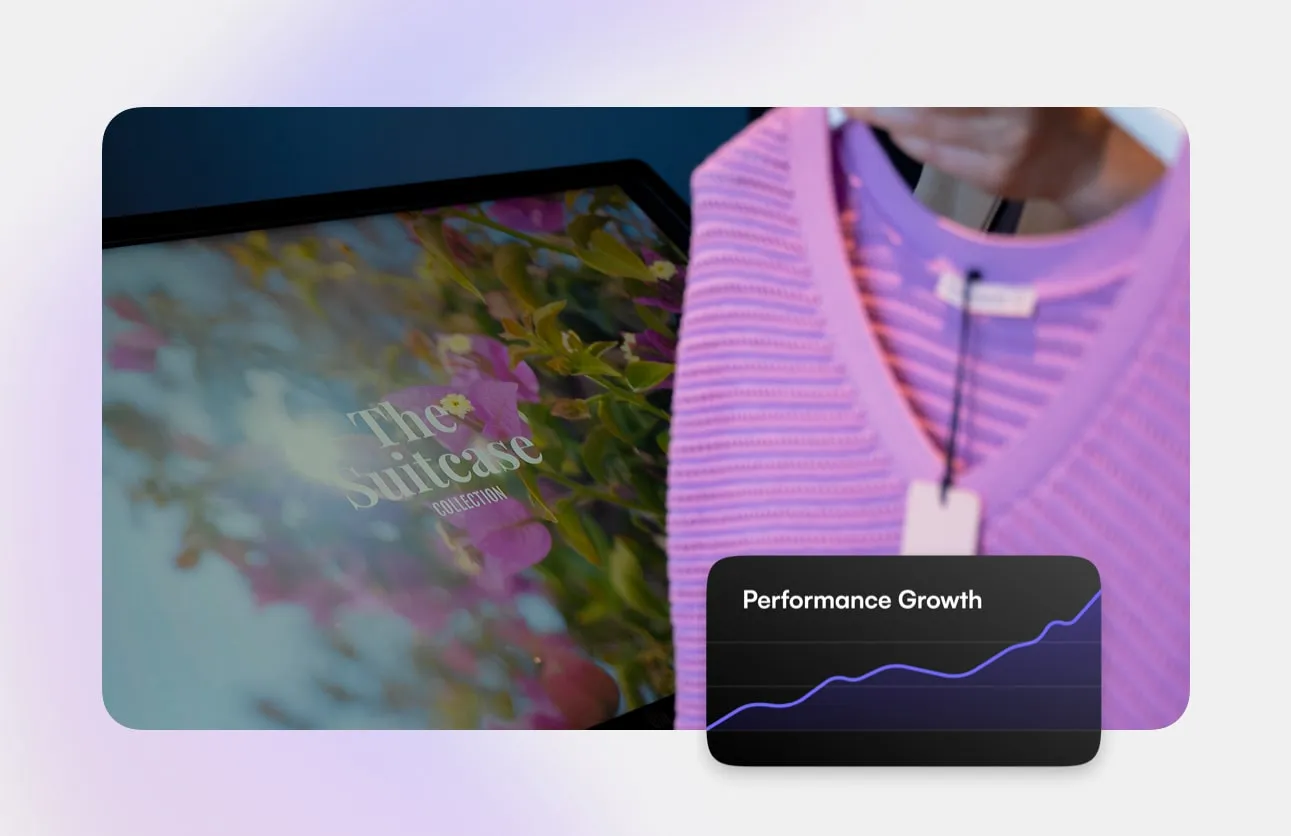
Talking Sustainability with Kuyichi
With ‘Talking Sustainability’, we have developed a new format for which we regularly invite organisations from the industry and beyond to share their actions and experience in the field of sustainability. For our latest ‘TS’ interview, we got the chance to meet Zoé Daemen from the dutch fashion brand Kuyichi and talk to her about which role a brand can play in pushing sustainability in the fashion industry.
01 - What actions are you taking that make your brand sustainable?
Daemen: First off - We are a GOTS and GRS certified company and ‘Fair Wear Foundation’ members. In addition to that, we at Kuyichi aim to ‘unfashion’ the industry, because we really want to move against the fast pace of fashion as it is right now. We do that by following a slow fashion approach, meaning: We have one big core collection, that stays in the collection over the seasons and over the years. Some fits, for instance, have been in our collection for over 10 years!
02 - Let’s talk certifications: In your opinion, how relevant are certifications like e.g. GOTS for consumers?
Daemen: Certifications are very important bodies that can guarantee a certain standard of clothing production. A label like GOTS gives customers an overview, how the product was produced and that certified organic cotton is used. Next to GOTS and GRS certification, Kuyichi is also a ‘Fair Wear Foundation’ member, which means that we constantly try to improve working conditions in the production factories together with our partners. In a fashion industry that is far from transparent, certifications and memberships are indicators of extra efforts in the supply chain to do good.
"At Kuyichi, we have been working on the issue of sustainability intensively for more than 12 years." - Zoé Daemen, CR Manager (Kuyichi)
03 - What is it, you believe other players could do, to make the fashion industry more sustainable?
Daemen: I would like to motivate others to eliminate sales and seasonal sales. Nowadays, garments are in the store just two or three months before they go into discounting. It’s taking a toll on everybody in the chain – the prices are unrealistic compared to the effort put in. We should all revalue our clothing and appreciate the work that’s been put into the creation. Paying the full price all year round, is a way of validating the work and effort put into clothing by the whole chain. So maybe instead of 70% off, 20% will do – or no sales at all.
04 - Fashion Cloud: Is there anything you think other brands can learn from your sustainability journey?
Daemen: In the beginning of Kuyichi in 2001, we said that we wanted to set an example by showing that sustainability can be fashionable as well. We called that style ‘conscious’. We really hope that our approach of doing business while doing good, has inspired and will inspire other brands to do the same. And, we also believe that it is important for others to see, that a ‘no sale’ strategy can be a viable business model that works well!
w/ Zoé Daemen - CR Manager, Kuyichi



